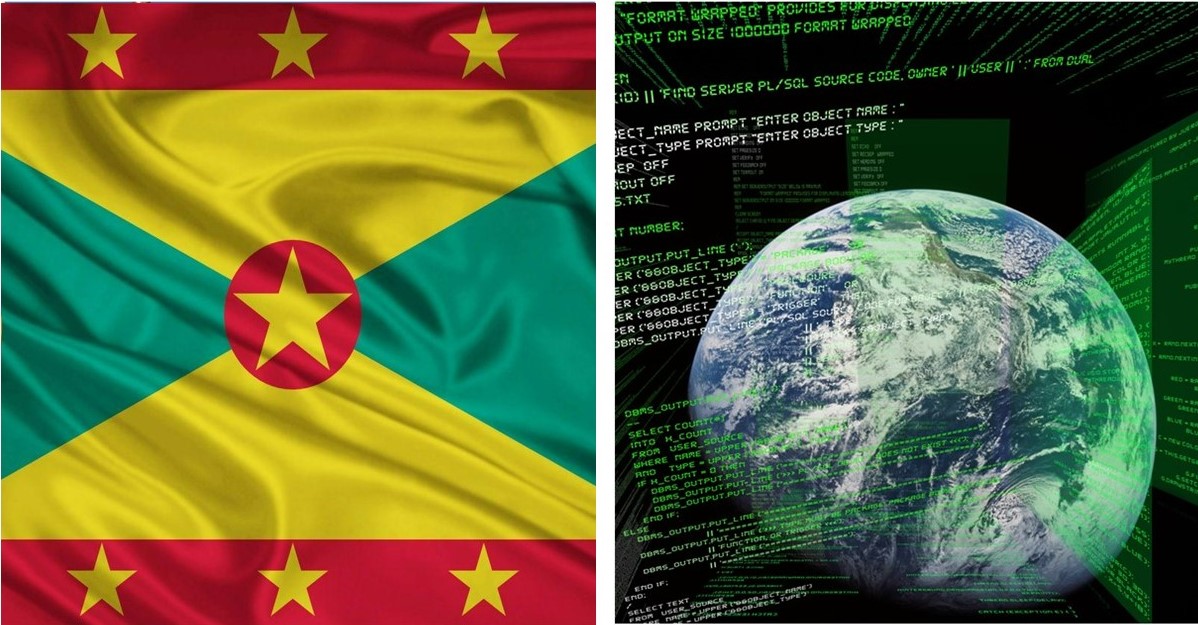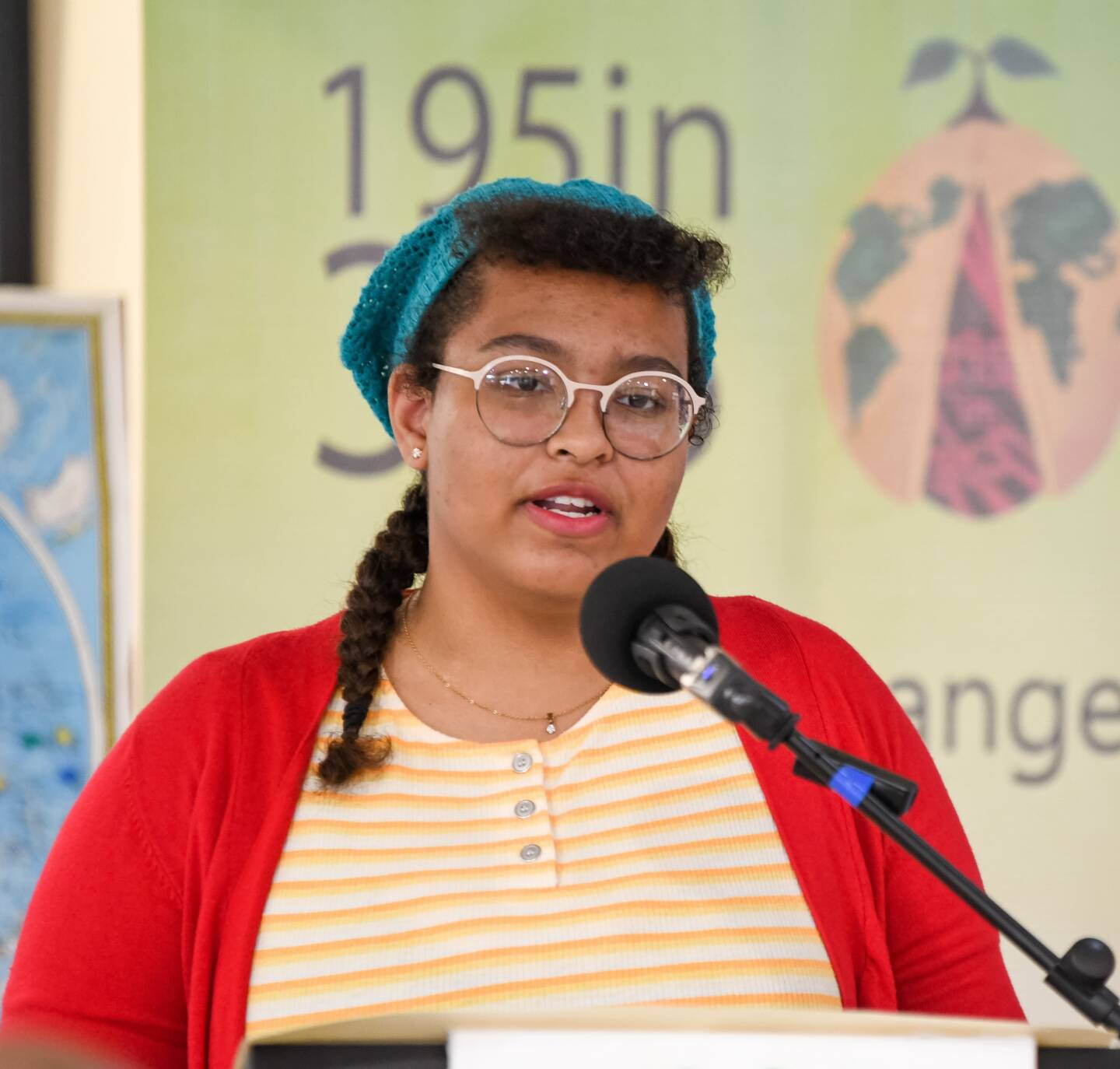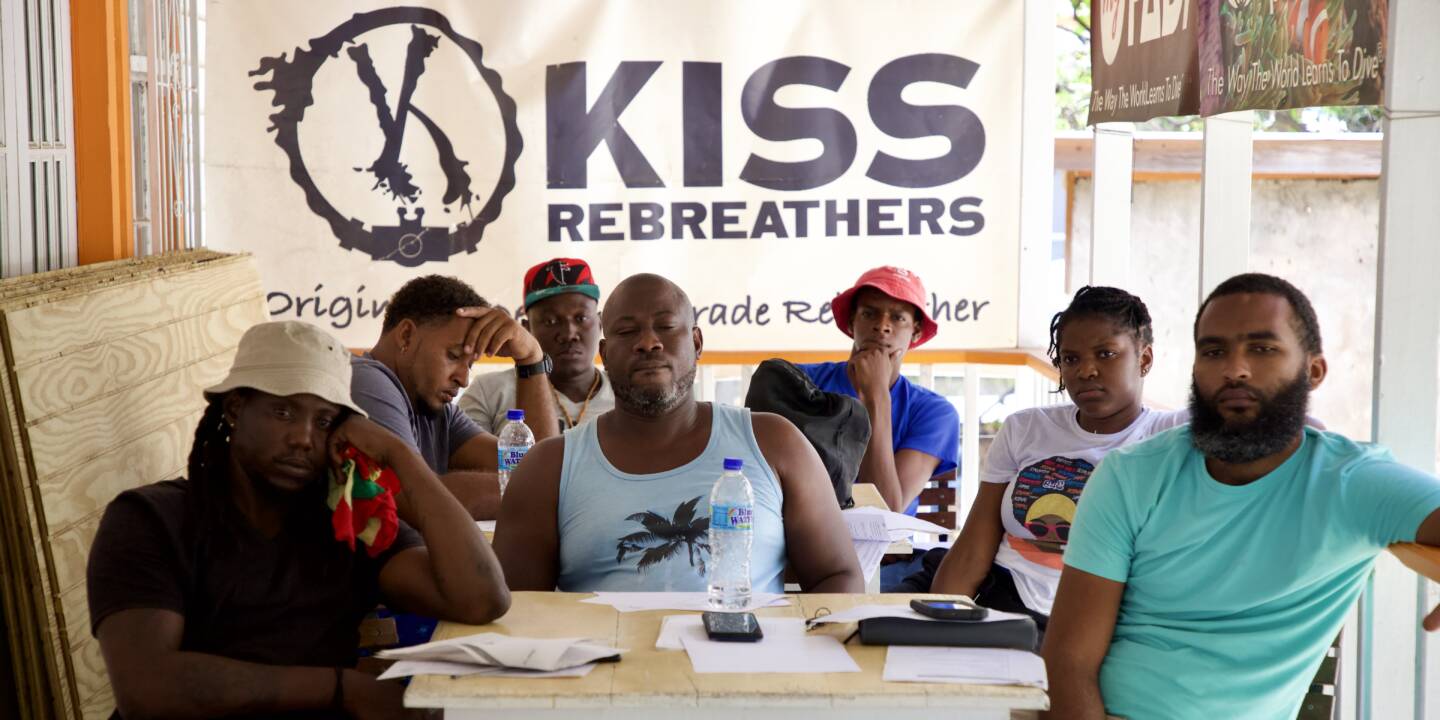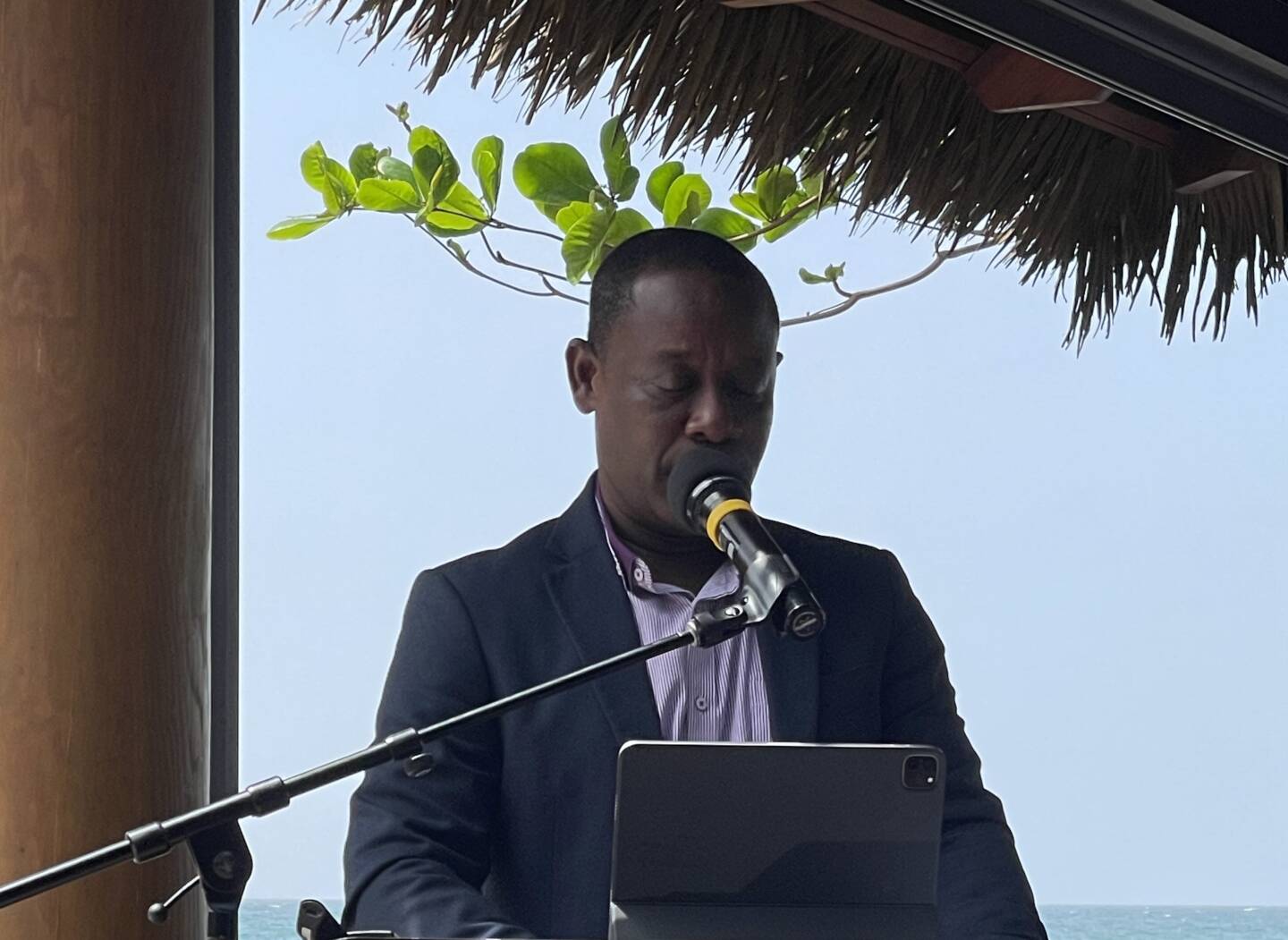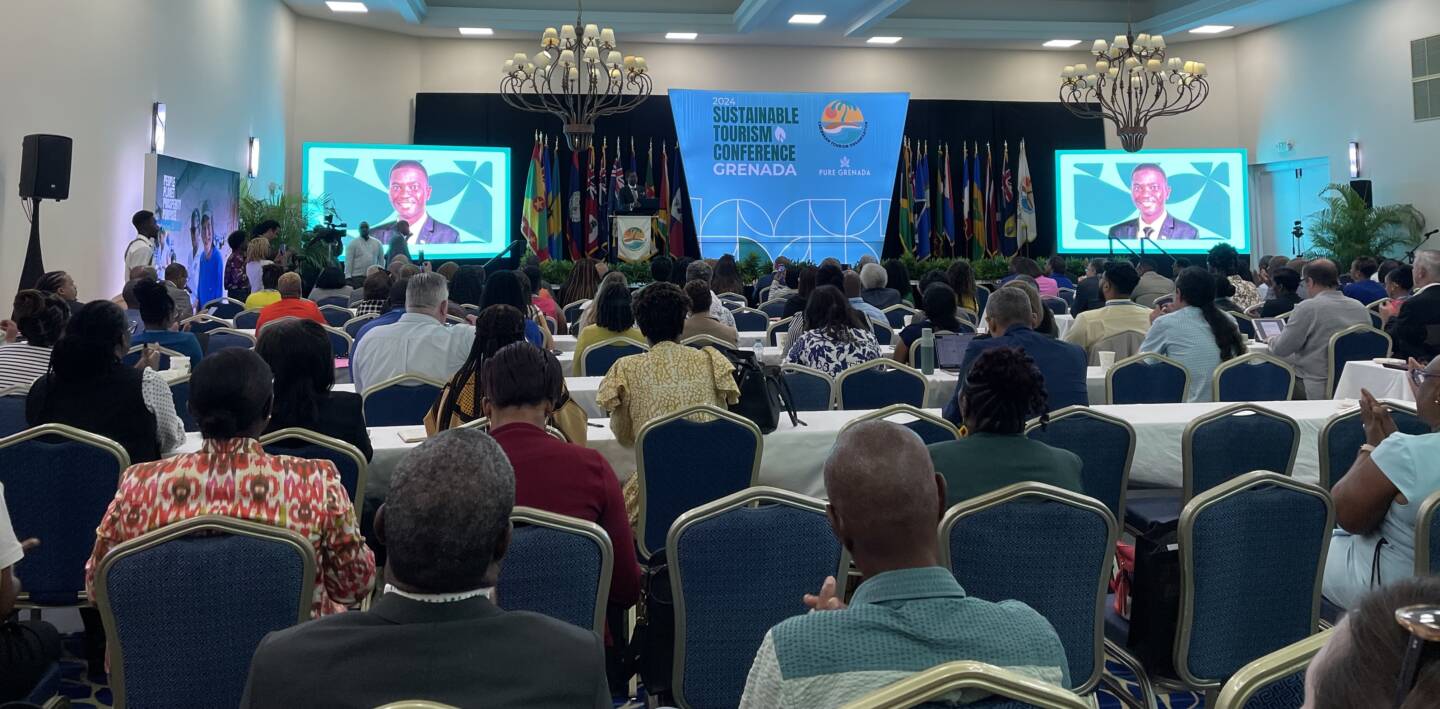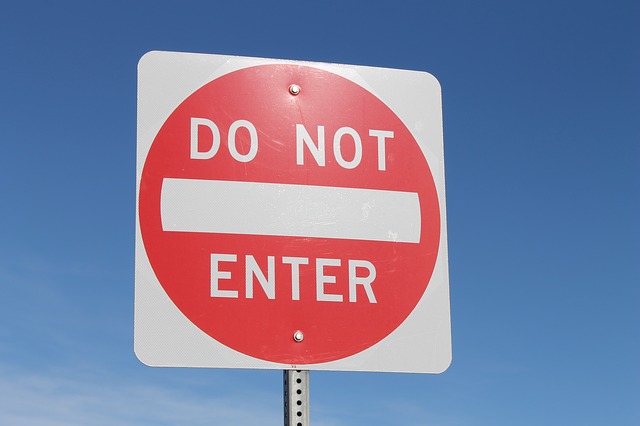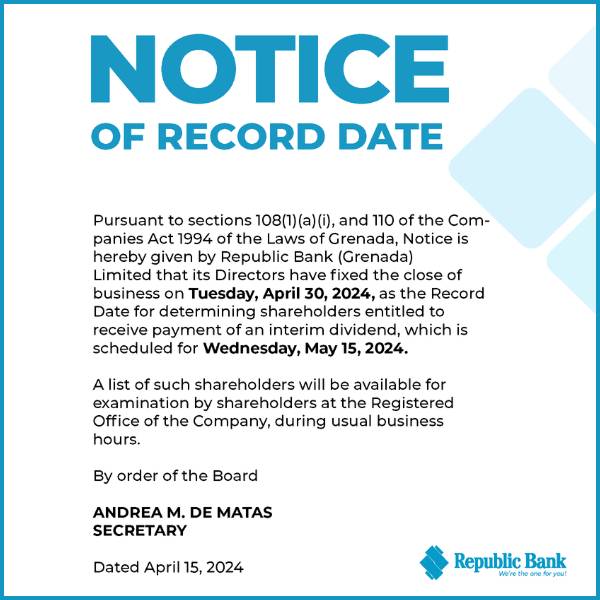By Dr Lawrence A. Joseph
36 years ago, on 13 March 1979, a historic event took place in Grenada: the constitutionally elected government of Prime Minister Eric Gairy was overthrown by a usurper regime. This regime later became known as the People’s Revolutionary Government (PRG) and was led by the former Leader of the Opposition in Parliament, Maurice Bishop. The usurpers suspended the constitution and Maurice Bishop took over executive control of the country as Prime Minister. This group ruled Grenada for four and a half years until its demise on 25 October 1983.
The event which occurred on 13 March 1979 is being referred to by many as a revolution. Upon proper examination of this historic event, some doubts may be raised as to whether in truth and in fact that that event was indeed a revolution. It is postulated that for any proper analysis to be made on the nature and character of that occurrence in 1979, the analysis must be done from a legal/political/philosophical perspective.
One significant way of so doing is to examine the way in which the event was treated by the courts. During the trial of Bernard Coard and eighteen others in 1985 for the murder of Maurice Bishop and others, the defendants challenged the constitutionality, validity and competence of the Court to undertake their trial. The situation was that following the demise of the PRG in 1983, constitutionalism was substantially restored to the country by Governor-General Sir Paul Scoon. At the same time the accused persons were scheduled to be tried before an unconstitutional court which was established by the unconstitutional PRG under People’s Law No. 4 of 1979.
Despite the juridical dilemma, both the High Court and the Court of Appeal dismissed the pre-trial application of the defendants. The judges determined that despite the courts’ unconstitutionality they possessed the validity and competence to try the defendants based upon the doctrine of necessity. This doctrine caters for the accommodation of unconstitutional or illegal activities in necessitous situations for a temporary period, whilst recognizing that constitutionalism still prevails. An important implication of adopting this doctrine is that the constitutional legal order was still presumed to have had continuity. This would not have been the case if the courts had adopted either Kelsen’s theory of revolutionary legality or the doctrine of successful revolution. These were the prevailing doctrines used in common law jurisdictions for many years in extra-constitutional adjudication. With these doctrines the legal order is presumed to have been discontinued with the establishment of a new legal order.
There was no denial that the PRG had de facto status (governmental control in fact only). However, based upon the adduced evidence the courts could not find that the PRG had de jure status (governmental control both in fact and in law). De jure status could have only kicked in if the then existing legal order was discontinued and a new legal order was established. This must be so as a usurper regime cannot be legitimate under the original constitution. It was noted by the courts that the constitution was merely suspended with no other constitution taking its place. The legal order was therefore preserved. Moreover, de jure status must be determined in accordance with municipal (local) law, and in order to attach that status to a usurper regime, that regime must be legitimated either by general elections or by referendum. This situation was non-existent in the Grenada case.
One may therefore ask the question: was the historic occurrence in Grenada on 13 March 1979 a revolution or a mere coup d’état? A revolution may be defined as a complete overhaul of the existing legal order giving rise to a completely new one which is by and large endorsed by the bulk of the population. A coup d’état may be defined as an unconstitutional seizure of governmental power with or without the use of force. It is to be noted however, that an initial coup d’etat could give rise to a revolution.
In 1977 a coup d’état occurred in the Seychelles located in the Indian Ocean. A new Constitution was adopted, and general elections were held which the usurper regime won. The court held (Valabhajji v Controller of Customs, 1980) that a new legal order was created because the populace had given the original usurper regime legitimacy and validity. A successful revolution therefore had taken place in the Seychelles. Did the initial coup d’état in Grenada give rise to a revolution?
It is posited therefore that what occurred in Grenada on 13 March 1979 was not a successful revolution but a mere coup d’état. This coup d’état did not give rise to a revolution as Grenadians were not given the opportunity to legitimize and validate the usurper regime either by way of general elections or by referendum. There is no evidence to support a claim that the bulk of the population endoresed the usurper regime.

